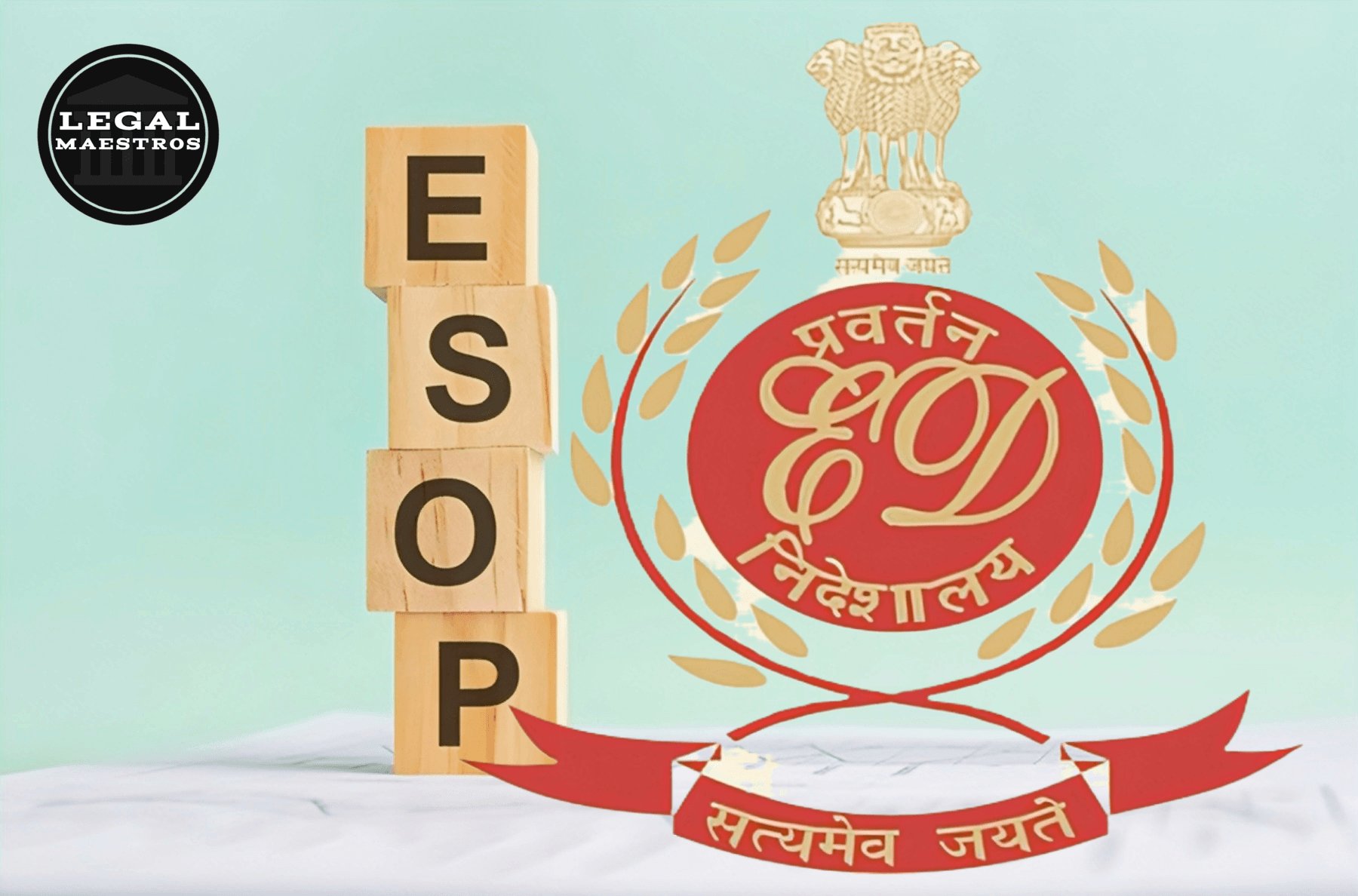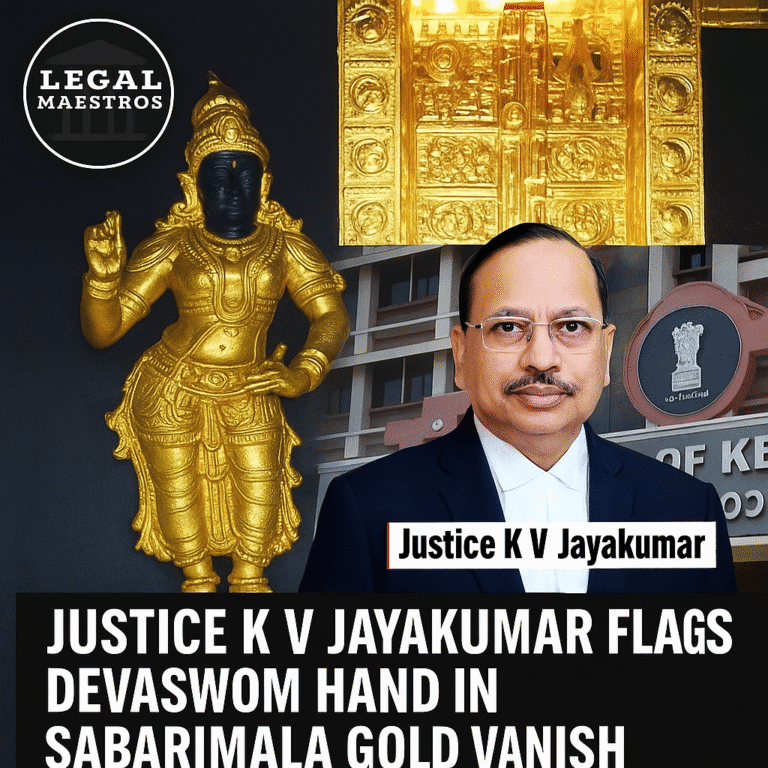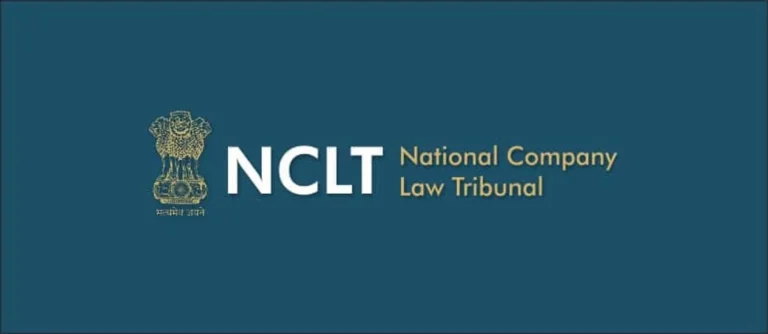
In a press release dated 20th June 2025, the Directorate of Enforcement (ED) came up with details of an alleged case of money laundering leading to the issue of Employee Stock Ownership Plans (ESOPs) by M/s Care Health Insurance Ltd (CHIL). The main charges stated that CHIL had issued a share at an inadequately valued price concerning an Employee Stock Ownership Plan (ESOP) on 1st May 2022, even after being rejected by the Insurance Regulatory and Development Authority of India (IRDAI).
This trend has elicited pointed scrutiny because of the participation of senior practitioners in the legal field and regulatory and ethics matters regarding corporate governance and adherence to the statutory regulatory framework. The further actions of the ED namely the issue and ultimate rejection of a summons against Senior Advocate Pratap Venugopal throw in the shadow great issues of privilege under the law and regulation under it and procedure as well.
Facts and Case background
These allegations are due to the issuance of the ESOPs by CHIL which on the part of the ED were issued against the regulatory guidance as indicated by IRDAI. In particular, IRDAI has refused to sanction the issue of ESOP by CHIL. However, the company did proceed with the issuance of them at a greatly reduced valuation and this could have been an abuse with the favor going to some favored people.
For any queries or to publish an article or post or advertisement on our platform, do call at +91 6377460764 or email us at contact@legalmaestros.com.
IRDAI, in the form of a punitive action, on 23rd July 2024, ordered CHIL to withdraw or cancel any of the unallotted ESOPs and fined the company a sum of 1 crore rupees due to not assuring compliance with its orders. It is this regulatory step that was fundamental to the ED money laundering equity into the ED inquiry into whether the undervaluation and consequent allotment of shares was part of the proceeds of the crime under the Prevention of Money Laundering Act (PMLA), 2002.
Summons and their withdrawal of Shri Pratap Venugopal
During the course of its investigation the ED summoned Shri Pratap Venugopal, a Senior Advocate of the Supreme Court of India and an Independent Director of CHIL, who was later on summoned by the ED. The summons was to obtain factual details about how the decision to issue the ESOPs by CHIL Board was arrived at especially against the backdrop of ruling out the move by the regulatory authorities.
But given his stature as a Senior Advocate and given the legal avenues given to advocates, the ED issued a prompt withdrawal of the summons. This was formally decided and informed Mr. Venugopal with an assurance that any documentation or information necessary could be given by him in his capacity as an Independent Director over email.
For any queries or to publish an article or post or advertisement on our platform, do call at +91 6377460764 or email us at contact@legalmaestros.com.
This withdrawal speaks of the understanding of the legal limit of summoning advocates by the ED and in regards to the deference of professional privilege treated to members of the Bar.
Legal Shield: Kai . CR: S . Bhartie Sakshya Adniyam 2023.
Section 132 of the Bhartiya Sakshya Adhiniyam (BSA), 2023, which replaced the Indian Evidence Act, of the colonial era, gives special protection to advocates. It leaves no one at liberty to oblige legal practitioners to reveal privileged legal communications to their clientele in the line of duty. The given provision falls in line with the principles of the worldwide attorney-client privilege, which is regarded as a key to a fair trial and a professional legal endeavour.
There are some provisos however, that enable such exceptions as are contained in Section 132. However, these exceptions need to be rigidly examined and they cannot be used at will. These legal requirements are thus observed in the activities that the ED engages in as it takes them into consideration and strives to act within their boundaries.
For any queries or to publish an article or post or advertisement on our platform, do call at +91 6377460764 or email us at contact@legalmaestros.com.
ED Circular announcement of Field Formation
Later in a procedural integrity step, the ED also issued a formal circular after this incident. Section No 132 of the Bhartiya Sakshya Adhiniyam (BSA) 2023, which replaces the Indian Evidence Act, of the colonial era, gives special protections to advocates. It leaves no one at liberty to oblige legal practitioners to reveal privileged legal communications to their clientele in the line of duty. The given provision falls in line with the principles of the worldwide attorney-client privilege which is regarded as a key to a fair trial and a professional legal endeavour.
There are some provisions, however, which enable such exceptions as are contained in Section 132. However, these exceptions need to be rigidly examined and cannot be used at will. These legal requirements are thus observed in the activities that the ED engages in as it takes them into consideration and strives to act within their boundaries. The circular is a major institutional recognition of the special role and rights right enjoyed by the advocates under Indian law.
The position of the independent directors in corporate governance.
Also the case brings to the notice the work of independent directors in maintaining transparency and the ethical operation of the company. The independent directors are supposed to inject objectivity, external opinions and compliance with regulations into boardroom choices.
For any queries or to publish an article or post or advertisement on our platform, do call at +91 6377460764 or email us at contact@legalmaestros.com.
Yet, what such a case implies is a situation in which due diligence was compromised or regulatory directions were neglected even when an independent member was on the board. The boardroom investigations are intended to ascertain the very nature of the deliberations of the board room and whether there was any complicity or negligence.
Professional Pricvilege vs Responsibility
Although corporate accountability should be reinforced by the regulatory bodies and the investigating agencies, the constitutional and legal safeguards of professionals, particularly advocates, ought to be made to remain in place. Conversion of the summons into a more non-invasive form of obtaining information, particularly by way of email correspondence, is a sensible compromise between the need to investigate and the need to do so in a proper manner.
This balanced enforcement activity can play a significant role in the democratic context where the rule of law should not be implemented at the expense of the major tenets of justice and privacy.
For any queries or to publish an article or post or advertisement on our platform, do call at +91 6377460764 or email us at contact@legalmaestros.com.
Future Investigation Implication
This latest action that saw the issuance of, and withdrawal of the summons is likely to be replicated in future as an example of the treatment of legal practice in similar cases particularly when they have had a part in being involved in charge of corporate governance. It reminds us of the need for agencies to operate within the realm of the law, the overall privileges of a professional and shun unwarranted court action or scandal that would otherwise jeopardize the key objectives of investigations.
Additionally, this circular entrenches protection against future misconduct by the ED and plays a part in ensuring the trust that this entity has in the populace. It can also put corporates and law firms on their toes to ensure they are more cautious about regulatory provisions and requirements so as not to be caught under the net.
The manner in which the ED addressed the CHIL ESOPs matter and its policy on the summons handed out to Senior Advocate Dr Prattap Venugopal depicts a significant coming of age for legal-administrative action. Upon acknowledging the statutory protection afforded to advocates under the Bhartiya Sakshya Adhiniyam, 2023 and guidance internally so as to avoid a recurrence in the future, the agency has only strengthened the importance of ethical and lawful work by investigators.
For any queries or to publish an article or post or advertisement on our platform, do call at +91 6377460764 or email us at contact@legalmaestros.com.
The case also highlights the major importance of good regulatory compliance, the role of the independent director in corporate governance, and the use of an adroit balance between privilege in investigation and legal privilege. The legal community and corporate stakeholders will be interested in CHIL as the investigation proceeds to get an idea about its ramifications for corporate ethics as well as the enforcement structure in India.




![Research Assistantship @ Sahibnoor Singh Sindhu, [Remote; Stipend of Rs. 7.5k; Dec 2025 & Jan 2026]: Apply by Nov 14, 2025!](https://legalmaestros.com/wp-content/uploads/2025/11/Gemini_Generated_Image_s0k4u6s0k4u6s0k4-768x707.png)
![Karanjawala & Co Hiring Freshers for Legal Counsel [Immediate Joining; Full Time Position in Delhi]: Apply Now!](https://legalmaestros.com/wp-content/uploads/2025/11/Gemini_Generated_Image_52f8mg52f8mg52f8-768x711.png)
![Part-Time Legal Associate / Legal Intern @ Juris at Work [Remote]: Apply Now!](https://legalmaestros.com/wp-content/uploads/2025/11/ChatGPT-Image-Nov-12-2025-08_08_41-PM-768x768.png)
![JOB POST: Legal Content Manager at Lawctopus [3-7 Years PQE; Salary Upto Rs. 70k; Remote]: Rolling Applications!](https://legalmaestros.com/wp-content/uploads/2025/11/ChatGPT-Image-Nov-12-2025-08_01_56-PM-768x768.png)